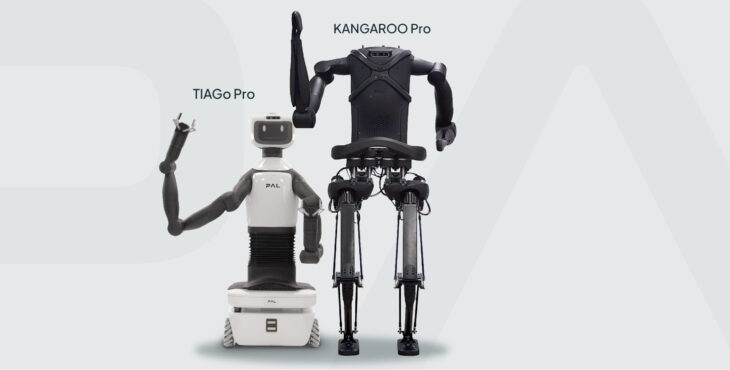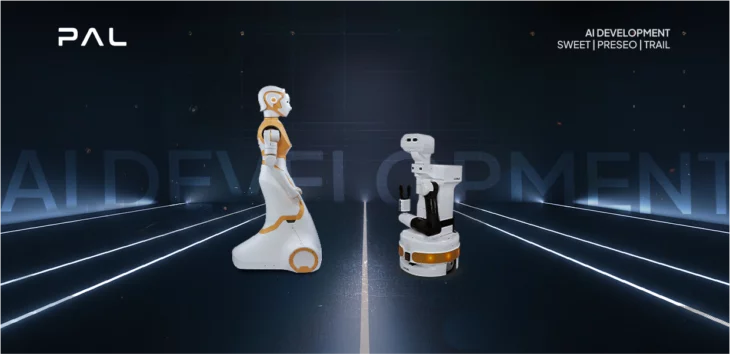MUSAE first open call, a unique opportunity for artists
We are excited to be part of the MUSAE EU project, that aims to strategically guide digital technology innovation in the food domain to improve human and planetary wellbeing. As part of this project, we are collaborating with a diverse group of partners to explore the role of food as medicine and the future of food systems.
The MUSAE project will set up the MUSAE Factory Model based on the Design Future Art-driven (DFA) method, which merges the Design Futures method by POLIMI with the Art Thinking approach by STARTS partner Gluon and UB – School of Art.
This method will enable artists to envision future scenarios and critically reflect on them, collaborating with technology providers to develop new technological solutions that meet future humanity needs with a human-centred approach. This approach will open up new markets and activities, thereby contributing to the sustainable development of the European economy.
The project comes from the need to address the challenge of digital transformation and green and sustainable transformation in the European economy. Digital technologies are considered critical enablers for attaining the European Sustainable Development Goals, and it is crucial to integrate artistic collaboration in Digital Innovation Hubs to provide companies with new forms of transdisciplinary collaboration. Through this collaboration, we can explore future scenarios for technology applications using artistic practice to anticipate innovative products and services that meet the SDGs for innovation towards a sustainable and healthy planet.
In order to test and validate the MUSAE Factory Model, MUSAE is launching a STARTS Residency Program to explore future challenges of food production and consumption by developing innovative solutions of products and services exploiting the application of AI, Robotics and Wearable technologies. The project will select up to 20 artists and 10 SMEs through two competitive open calls, and will implement two pilot art-tech experiments based on the DFA method, followed by the prototyping phase, where the teams of SMEs and artists will develop industrial prototypes.
MUSAE has now opened its 1st open call. MUSAE is looking for artists who can provide critical reflection and envision the future potential and challenges of the topic of Food as Medicine by producing future scenarios and artworks. MUSAE’s 1st open call is a unique opportunity for artists to explore the future challenges of food systems of production, supply, and consumption by applying an innovative Design Futures Art-driven (DFA) method to develop future scenarios. These scenarios will also be the starting point for the MUSAE 2nd open call and residency in 2024.
The deadline for the applicants to apply to the 1st Open Call is June 5th, 2023, 12.00h CET. Apply for the MUSAE Project open call today.
Each selected artist will receive 40,000 EUR for funding, and a residency period of 7 months. This open call is an excellent opportunity for artists to work with leading technology providers in the fields of Artificial Intelligence, wearables, robotics, human-machine interaction, and gain valuable experience in art-tech residences.
MUSAE consortium and technologies in AI, Wearables and Robotics
MUSAE is working with three technologies — Artificial Intelligence (AI), Wearables and Robotics — enabling participants to develop concepts and prototypes validated in industrial relevant environment. The digital technologies will provide ground for experimentation and the development of new solutions for social and environmental challenges.
The MUSAE consortium includes eight partners from five European countries representing arts, design, technologies, industrial and scientific ecosystems: Politecnico di Milano (Italy), Ab.Acus (Italy), Universitat de Barcelona (Spain) – composed by UB-ART and UB-Tech, MADE (Italy), PAL Robotics (Spain), Gluon (Belgium), University College Dublin (Ireland), The University of Manchester (United Kingdom), ETF (Serbia).
To validate replicability, the MUSAE project will set up and activate one factory within the DIH partner (MADE) and create the Factory Model Pack, which will allow other DIHs to adopt it. The project focusing on Food as Medicine includes an expert in food and wellbeing themes (UCD). The partners of art & design of the MUSAE consortium (POLIMI, UB-ART and GLUON), the technology partners (ABACUS, PAL, UoM, UB-TECH) and the nutrition expert partner (UCD) will provide consultancy and support for art-tech residences. The knowledge obtained during these interactions will be integrated into their expertise and used in future work and projects.
Join MUSAE in exploring the future challenges of food systems and contributing to the sustainable development of the European economy. Apply for the MUSAE Project open call today, and help us envision a better future for humanity and the planet.
At PAL Robotics we partner in a number of collaborative projects. We are always on the lookout for new collaborations, visit PAL Robotics’ collaborative projects page to find out more and don’t hesitate to get in touch with us to discuss working together.
If you found this article interesting, then take a look at PAL Robotics blog to discover all our work and research in robotics.
- Ai
- EU project
- sustanability


